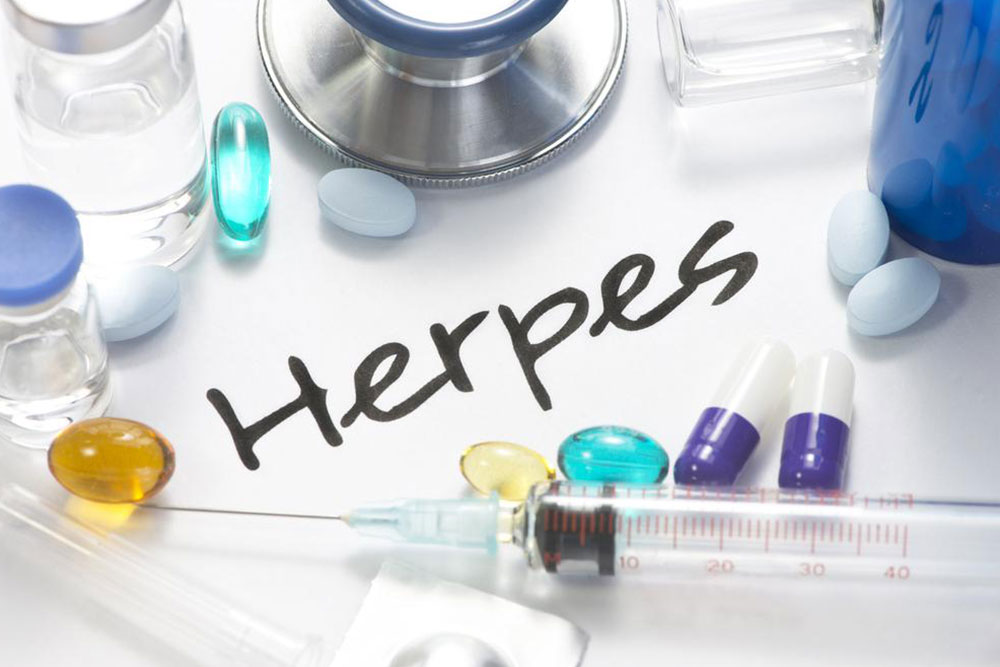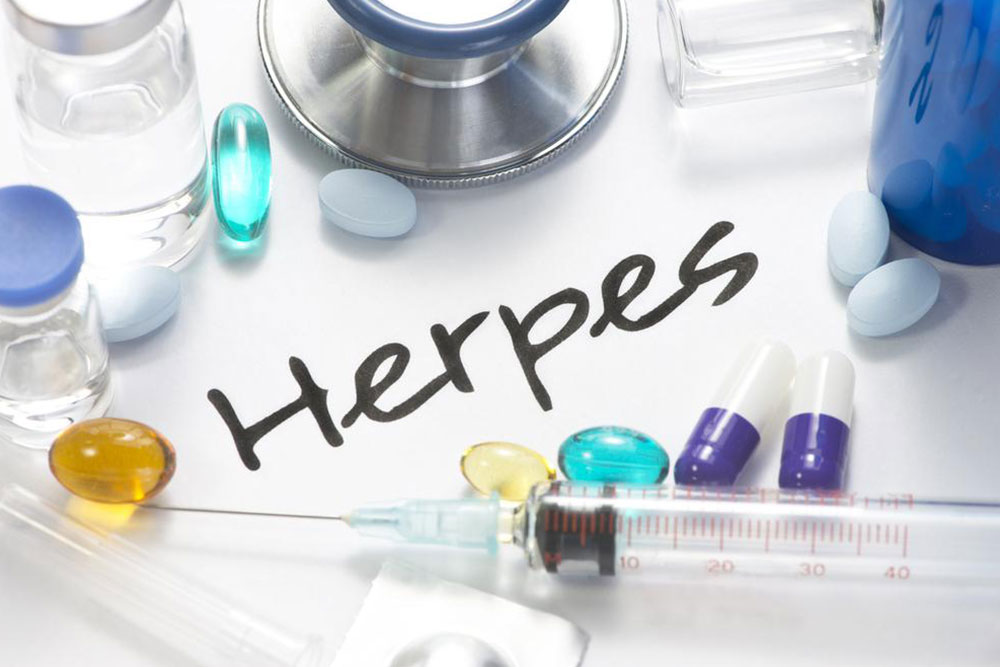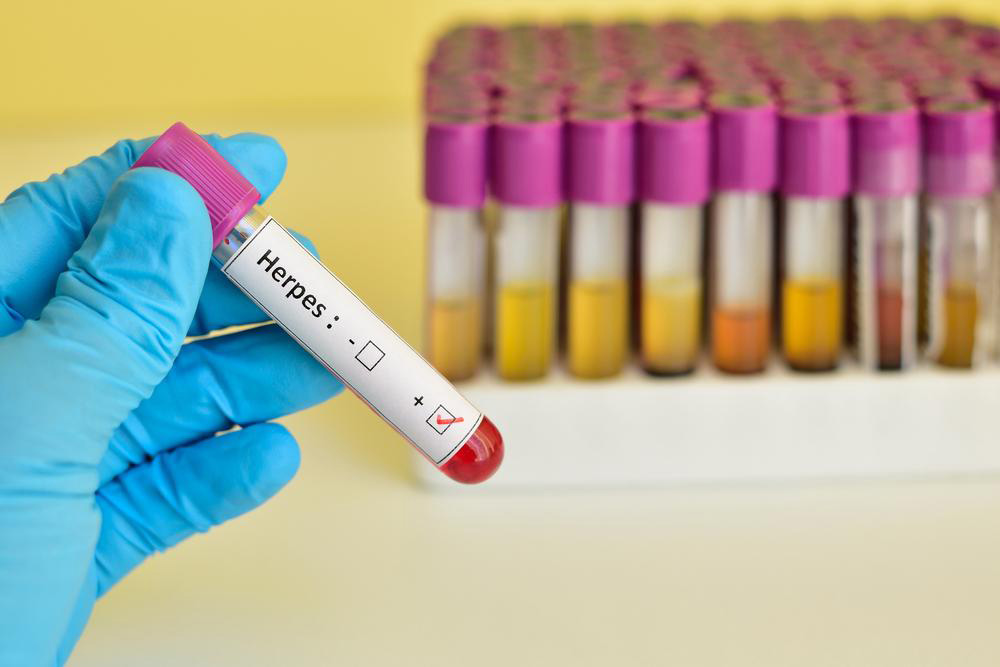Comprehensive Guide to Herpes: Causes, Symptoms, and Management
Herpes is a common viral infection affecting all age groups, caused by HSV. It remains in the body lifelong with potential outbreaks triggered by stress or immune suppression. Symptoms include painful blisters around the mouth or genitals, often with flu-like symptoms. While no cure exists, antiviral treatments help manage symptoms and reduce transmission. Safe practices and awareness are crucial in prevention. This comprehensive guide offers detailed insights into herpes causes, symptoms, and management, aiming to educate and promote better health practices among affected populations.

Comprehensive Guide to Herpes: Causes, Symptoms, and Management
Herpes is a widespread viral infection that affects people across all age groups, from young children to adults. The infection is caused by the herpes simplex virus (HSV), which is divided into two primary types: HSV-1, primarily responsible for oral herpes, and HSV-2, mainly causing genital herpes. Once infected, the virus remains in the body for life, often lying dormant in nerve cells, but it can reactivate periodically, leading to outbreaks. Understanding how herpes spreads, its symptoms, and available management options is crucial for reducing transmission and managing the condition effectively.
Although herpes can affect anyone, certain behaviors and health conditions increase the risk of infection. Close physical contact with an infected individual, especially during an active outbreak, significantly raises the likelihood of transmission. This is particularly relevant when engaging in oral, genital, or anal contact. The risk is further heightened if proper protection methods, such as condoms, are not used, and when multiple sexual partners are involved. Young people who start sexual activity early or have multiple partners are at a higher risk, as are women with compromised immune systems.
In addition, having other sexually transmitted diseases (STDs) increases susceptibility to herpes infections due to compromised local immunity. During childbirth, if a pregnant woman experiences an active herpes outbreak, there is a significant risk of transmitting the virus to the newborn, which can result in severe health complications such as neonatal herpes. Studies show that approximately 20% of sexually active adults in the United States carry HSV-2, though many may be unaware due to the absence of symptoms.
It is possible to contract herpes even without visible sores or outbreaks through close skin-to-skin contact with an infected individual. This asymptomatic transmission makes it challenging to avoid the virus completely. Despite the persistent nature of HSV, curative treatments remain elusive. The virus hides in nerve cells, making eradication difficult, and may reactivate during times of stress or immune suppression.
Understanding Herpes Outbreaks and Symptoms:
Herpes symptoms can range from mild to severe, and some infected individuals remain completely asymptomatic. When symptoms do appear, they commonly include clusters of blister-like sores that often occur around the mouth, genitals, or anal region. These blisters can rupture spontaneously, leaving painful ulcers that may take several weeks to heal. Initially, an outbreak may be accompanied by flu-like symptoms such as fever, body aches, and fatigue, which can be mistaken for other illnesses, delaying diagnosis.
One of the key indicators of herpes infection is the appearance of grouped blisters in the affected area.
During outbreaks, individuals often experience painful sores, burning sensations, or itching at the site of infection.
Recurrent episodes are common, particularly in genital herpes, and may be triggered by factors such as stress, illness, menstrual cycles, or sun exposure, which reactivate the dormant virus.
Recurrences tend to decrease in frequency over time, but they can still be disruptive and uncomfortable.
Some individuals report burning during urination if the infection involves the genital area, indicating active disease.
Managing herpes involves antiviral medications that can help reduce the severity and duration of outbreaks, and lower the risk of transmission. These medications do not cure the virus but can maintain quality of life and reduce symptoms. Lifestyle modifications, including avoiding known triggers, practicing safe sex, and maintaining a strong immune system, are vital components of management. Proper education about herpes and open communication with partners can significantly reduce stigma and promote responsible health practices.
Preventative measures, such as consistent condom use and avoiding contact during active outbreaks, remain the most effective strategies for reducing herpes transmission. For pregnant women with herpes, medical consultations are critical to managing risks to the newborn. Overall, awareness and understanding of herpes can empower infected individuals to live healthy, informed lives, minimizing the impact of this common virus on their well-being.





